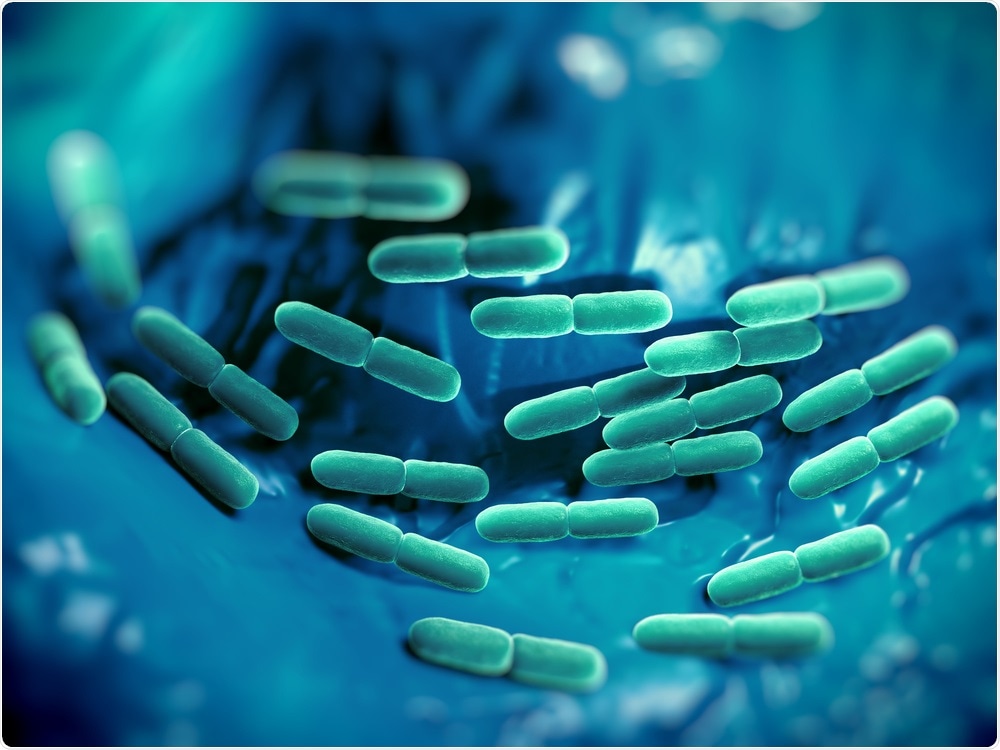
How 'bad' bacteria gain an upper hand in the human gut
A study conducted by researchers at the London School of Hygiene and Tropical Medicine has revealed how the bacteria Clostridium difficile (C. difficile) gains a competitive advantage over protective bacteria in the human gut.
 Image Credit: royaltystockphoto / Shutterstock
Image Credit: royaltystockphoto / ShutterstockThe bacterium produces a compound called para-cresol that promotes its survival by disrupting the growth of other intestinal microorganisms.
The authors hope this unique compound could provide a target for the development of drugs to treat C. difficile.
The use of antibiotics can disrupt people’s protective gut flora and leave them vulnerable to infection with C. difficile, which can cause fatal complications.
Researchers are currently trying to understand more about how C. difficile disrupts the balance of gut flora.
One lead in answering this question is that C. difficile is known to be one of the 18 bacterial species in the gut that produces the compound para-cresol.
This compound prevents the proliferation of a wide range of microorganisms, but only influences C. difficile when present at a relatively high concentration.
As recently reported in the journal PLOS Pathogens, Lisa Dawson and colleagues from the London School of Hygiene and Tropical Medicine have now shown for the first time that para-cresol gives C. difficile a fitness advantage over other intestinal bacteria.
In a mouse model, para-cresol specifically targeted certain bacteria in the intestine and prevented their growth, which significantly altered the gut flora.
Furthermore, strains of mutant C. difficile that were unable to produce the compound were less able to recolonize the intestine following initial infection.
The findings indicate that para-cresol is an important contributor to the survival and pathogenesis of C. difficile.
Source:
This article has been re-written from a PLOS Pathogens press release, originally published on EurekAlert.



































No hay comentarios:
Publicar un comentario